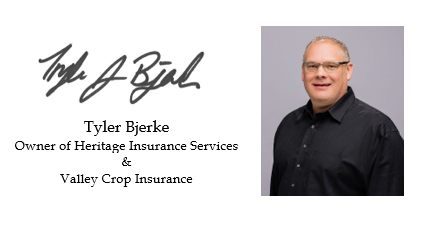 USDA’s Farm Service Agency announced it will begin sending new or updated pre-filled Emergency Relief Program (ERP, previously WHIP+) applications. This covers the outstanding issues from Phase 1 of ERP and is not Phase 2 of ERP.
USDA’s Farm Service Agency announced it will begin sending new or updated pre-filled Emergency Relief Program (ERP, previously WHIP+) applications. This covers the outstanding issues from Phase 1 of ERP and is not Phase 2 of ERP.
In its second stage of Phase 1, FSA will begin mailing pre-filled applications in late August to producers who have potentially eligible losses and fall under one of the following categories:
- Received crop insurance indemnities for qualifying 2020 and 2021 disaster events after May 2, 2022.
- Received crop insurance indemnities associated with Nursery, Supplemental Coverage Option (SCO), Stacked Income Protection Plan (STAX), Enhanced Coverage Option (ECO) and Margin Protection (MP) policies.
- New primary policyholders not included in the initial insured producer Phase 1 mailing from May 25, 2022, because their claim records had not been filled.
- Certain 2020 prevent plant losses related to qualifying 2020 disaster events that had only been recorded in crop insurance records as related to 2019 adverse weather events and, as such, were not previously provided in applications sent earlier this year.
- New Substantial Beneficial Interest (SBI) records, including SBIs where tax identification numbers were corrected.
Producers are expected to receive assistance directly deposited into their bank account within three business days after they sign and return the pre-filled application to the FSA county office and the county office enters the application into the system.
USDA has yet to release details on Phase 2 of ERP and ELRP which will be aimed at shallow losses that did not receive a crop insurance indemnity and providing assistance to producers who did not participate in or receive payments through the existing risk management programs.
Although the farm equipment issue remains unresolved, positive movement on prevented plant claims, ERP benefits under Phase I to producers who bought supplemental coverage, and equitable relief for producers with negative adjusted gross income are a credit to lawmakers who pushed for these improvements, including Senators John Thune (R-SD), John Hoeven (R-ND), Kevin Cramer (R-ND), Amy Klobuchar (D-MN), Tina Smith (D-MN), Steve Daines (R-MT), and Jon Tester (D-MT).

